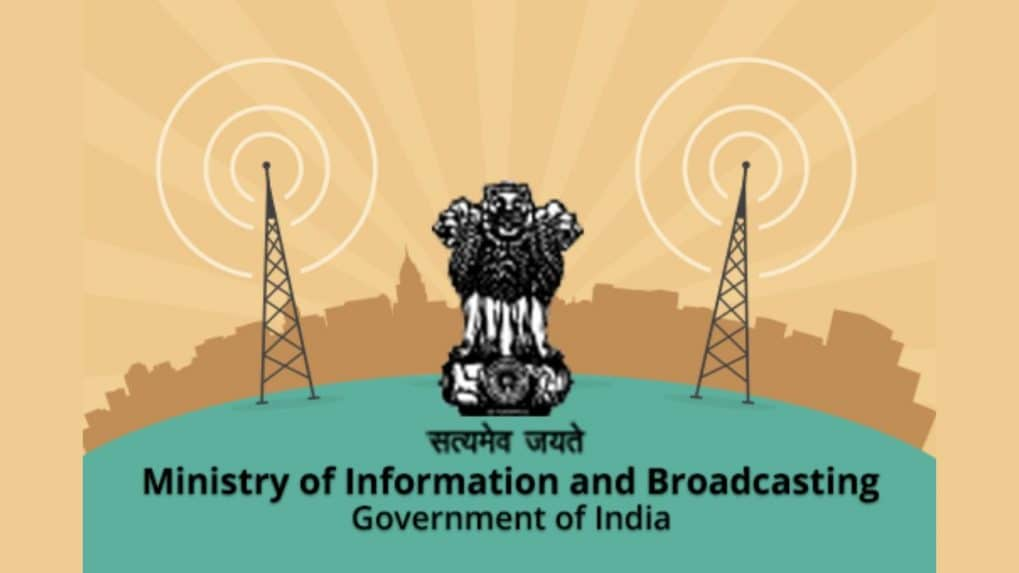MIB opens TRP market: OTTs, DPOs, and Big Tech can now set up ratings agency
With constraints now been lifted, paving the way for Over-the-Top (OTT) platforms, Distribution Platform Operators (DPOs), and even large advertiser consortiums to float or invest in independent audience measurement bodies.
ADVERTISEMENT
The Ministry of Information and Broadcasting (MIB) released a draft amendment to the policy guidelines governing Television Rating Agencies in India. The removal of key restrictions governing the television and digital audience measurement industry will now open the floodgates for new entrants such as OTT players, DPOs and Big Tech firms to launch their own ratings agencies. The move is set to intensify competition and disrupt the monopoly long held by the Broadcast Audience Research Council (BARC).
TAM India's CEO LV Krishnan welcomed the decision made by Ministry of Information and Broadcasting and said, "The decision by MIB to allow multiple ratings agency is in the right direction. This will help the ecosystem evolve not only for linear TV but new forms of measuring screens."
TRAI had earlier highlighted concerns regarding the current system's dependence on a single provider- the Broadcast Audience Research Council (BARC) in the past, it is to be noted that media research firm TAM, a joint venture between Nielsen (USA) and Kantar (UK) had applied for a license as a ratings and audience measurement body with the MIB. The license of which is pending with the government.
A source close to the development said, "There are chances that multiple individual players may come together and form a subsidiary to start ratings measurement system. While Big tech firms might align with an existing ratings agency."
Read More: Breaking: MIB proposes amendments to TRP guidelines, seeks public feedback
The government has removed clause 1.5, which earlier barred board members of television rating companies from being involved in broadcasting, advertising, or running an ad agency.
It has also deleted clause 1.7, which imposed strict cross-holding restrictions. These rules had prevented any single company or its related entities from holding major stakes in both rating agencies and broadcasters, advertisers, or ad agencies. It also restricted holding stakes in more than one rating agency and applied the same rules to individual promoters. Essentially, the deleted clause aimed to prevent any overlap between ownership of rating agencies and media or advertising businesses.
With constraints now been lifted, paving the way for Over-the-Top (OTT) platforms, Distribution Platform Operators (DPOs), and even large advertiser consortiums to float or invest in independent audience measurement bodies.
“This is a complete ‘U-turn’ by the MIB,” said a veteran media executive. “Earlier, BARC was established after recommendations by TRAI and the Amit Mitra committee, aiming for an industry-driven ratings system. The same TAM that was pushed out eventually became BARC’s service provider. Now, with this amendment, anyone—including DPOs and advertisers—can enter the broadcast ratings space by forming a separate entity.”
The executive said, “Now with this amendment anyone can come into broadcast audience measurement, which includes DPOs if they form a separate company. Earlier, MIB wanted BARC to be the only agency involved in audience measurement but this will change the narrative. So effectively any entity including OTT players, Big Tech companies can apply to run a ratings agency now. No restrictions from cross holdings perspectives.”
Industry experts warn that a proliferation of rating agencies, while promoting competition, may also create confusion and diminish credibility. “Many cooks spoil the soup,” one observer noted, cautioning that with so many stakeholders launching their own agencies, the industry could face fragmented data, inconsistent methodologies, and disputes over reliability.
Still, experts agree that credibility will become the single most important differentiator. “Trust will matter more than ever,” said a senior executive from a leading media buying agency. “Brands will only rely on ratings that are transparent, independent, and technically robust.”
The new entrants are expected to place a heavier emphasis on digital measurement, given the rapid shift in consumer habits. OTT platforms, in particular, are keen to create reliable viewership metrics that help quantify their growing influence, especially as ad dollars shift from traditional TV to digital.
“Digital will be the most watched segment—literally and figuratively,” said a data analyst. “New players will have to heavily invest in technology, data analytics, and panel systems to compete with legacy structures like BARC.”
Interestingly, the MIB's move will benefit advertisers. Crucial takeaways for advertisers include:
Greater Trust in Ratings: With advisory/consulting roles banned for rating agencies, ratings data becomes more independent and reliable, which helps advertisers make better decisions.
Improved ROI Measurement: Trustworthy viewership data allows brands to allocate ad spend more effectively, especially as digital vs. TV budgeting tightens.
Strategic Reassessment: Some advertisers might recalibrate marketing plans based on more transparent TRP insights, possibly increasing spends on high-performing content platforms.
A top advertiser on condition of anonymity said, "These changes reflect the government’s intent to reinforce credibility in TV ratings, prompted possibly by past scandals (like the TRP scam involving news channels). They signal a more transparent, competitive, and accountable ecosystem for stakeholders across broadcasting, advertising, and media analytics."
The Ministry has invited feedback on the draft amendments within 30 days from the date of publication of the notice.
Read More: TRAI Chairman pushes for multiple audience measurement rating agencies
Read More: OTT and TV audiences: One measurement system, one currency or multiple currencies?


